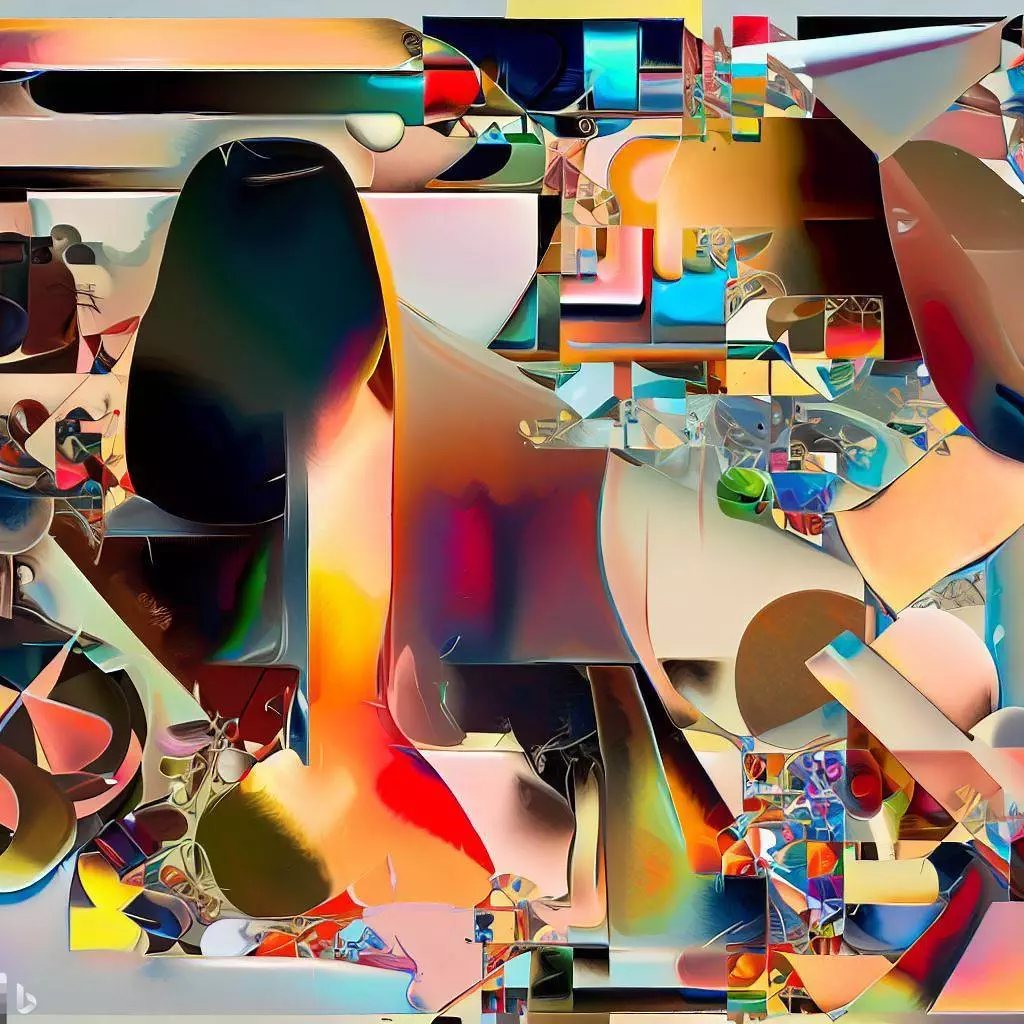Introduction
Paul de Man was a prominent literary theorist and critic who made significant contributions to the field of deconstruction. Born on December 6, 1919, in Antwerp, Belgium, de Man’s intellectual endeavors shaped the landscape of literary theory. His work explored the complexities of language, interpretation, and ideology, challenging traditional literary analyses and opening up new avenues of critical thinking.
Table of Contents
Early Life and Academic Journey
De Man’s early life was marked by political upheaval and displacement. Fleeing from the Nazi occupation during World War II, he immigrated to the United States in 1948. De Man embarked on an academic journey, eventually becoming a professor at prestigious institutions such as Cornell University and Yale University.
Deconstruction and Literary Theory
3.1 Understanding Deconstruction
Deconstruction, a theoretical framework associated with Jacques Derrida, played a central role in de Man’s work. Deconstruction challenges conventional notions of meaning and interpretation, highlighting the inherent contradictions and complexities within language. It seeks to reveal the instability and ambiguity present in texts, unraveling layers of hidden meaning and challenging fixed interpretations.
3.2 De Man’s Contributions
De Man expanded upon Derrida’s deconstruction, emphasizing the role of language in constructing literary texts. He explored how language, rather than serving as a transparent medium for communication, often contains inherent contradictions and ambiguities. De Man’s close readings of literary texts revealed the intricate interplay between language, ideology, and interpretation.
3.3 Language, Irony, and Critique
A central theme in de Man’s work was the exploration of irony and its relation to literary critique. He argued that irony, as a rhetorical device, disrupts fixed meanings and exposes the limitations of language. De Man contended that literary criticism should embrace the inherent contradictions within texts and engage with the complex ways in which language shapes our understanding of reality.
Controversies and Criticisms
4.1 Political Allegations
Despite his influential contributions to literary theory, de Man’s reputation suffered a significant blow when it was revealed that he had written pro-Nazi articles during his early years in Belgium. These revelations sparked intense debates and discussions regarding the ethical implications of de Man’s work and his personal ideology. The controversy surrounding de Man’s political past led to a reevaluation of his contributions within the academic community.
4.2 The Later Years
In the later years of his life, de Man faced further scrutiny when it was discovered that he had engaged in financial misconduct during his time as a professor. This revelation cast a shadow over his academic legacy, raising questions about the integrity of his work and the ethical dimensions of his actions.
Legacy and Influence
Despite the controversies surrounding de Man’s personal and professional life, his impact on the field of literary theory remains undeniable. His exploration of deconstruction and the role of language in shaping literary texts has influenced generations of scholars and critics. De Man’s work continues to inspire critical thinking, challenging established norms and encouraging a deeper understanding of the complexities of language and interpretation.
Conclusion
Paul de Man’s intellectual journey, marked by his
contributions to deconstruction and literary theory, serves as a testament to the transformative power of critical thinking. While controversies surrounding his personal life have cast a shadow over his legacy, de Man’s insights into language, irony, and interpretation continue to shape the way we approach and analyze literature. As the field of literary theory evolves, de Man’s work remains a thought-provoking and influential presence.
FAQs
Q1. What is deconstruction?
Deconstruction is a theoretical framework that challenges traditional notions of meaning and interpretation in texts. It seeks to reveal the contradictions and complexities within language, emphasizing the inherent instability and ambiguity present in literary works.
Q2. What were Paul de Man’s contributions to deconstruction?
Paul de Man expanded upon Jacques Derrida’s deconstruction, exploring the role of language in constructing meaning in literary texts. He emphasized the interplay between language, ideology, and interpretation, and delved into the complexities of irony and literary critique.
Q3. How did controversies impact de Man’s reputation?
Controversies surrounding de Man’s political past and financial misconduct cast a shadow over his reputation and led to a reevaluation of his work within the academic community. These revelations sparked debates about the ethical dimensions of his actions and their implications for his contributions to literary theory.
Q4. What is de Man’s legacy in the field of literary theory?
Despite the controversies, de Man’s work continues to have a significant impact on the field of literary theory. His insights into deconstruction, language, and interpretation have influenced scholars and critics, fostering critical thinking and encouraging a deeper understanding of the complexities of literary texts.
Q5. How did de Man explore the role of language in literary texts?
De Man emphasized the inherent contradictions and ambiguities within language. He contended that language shapes our understanding of reality and argued for a critical engagement with the complex ways in which language constructs meaning in literary texts.



1 Comment
Pingback: Uncle Tom's Cabin - Harriet Beecher Stowe's Groundbreaking Anti-Slavery Novel - LitGram by MukeshRishit